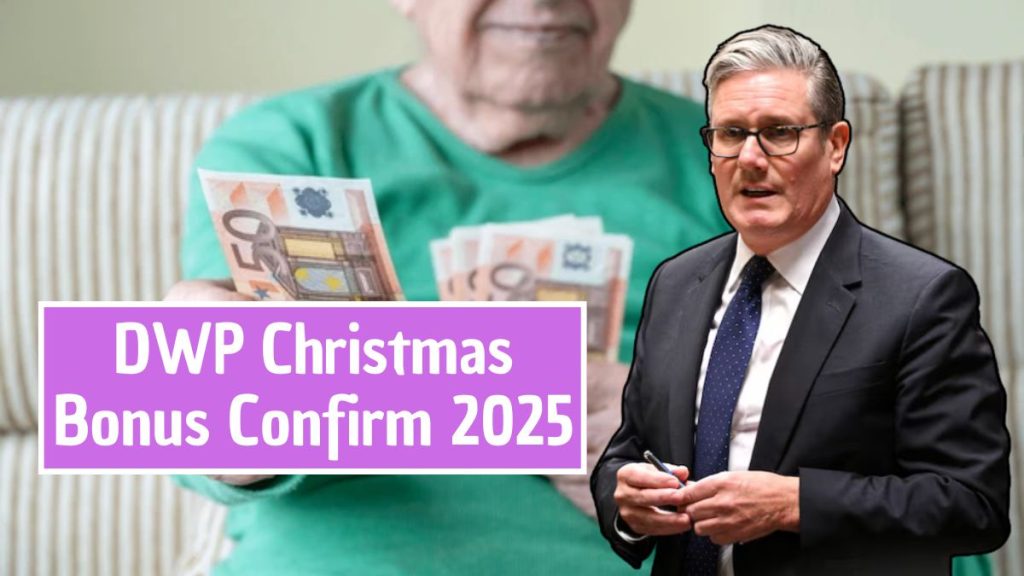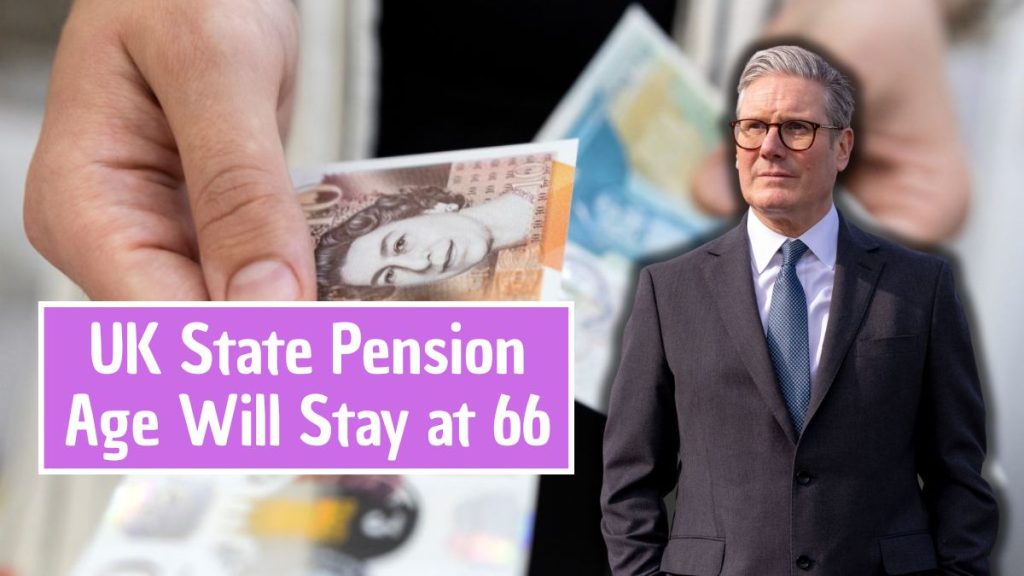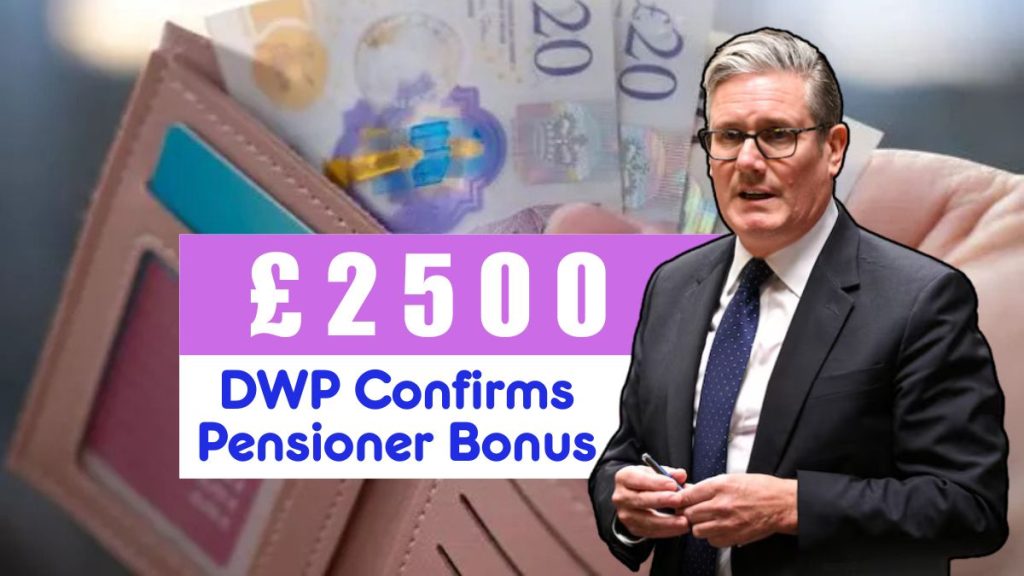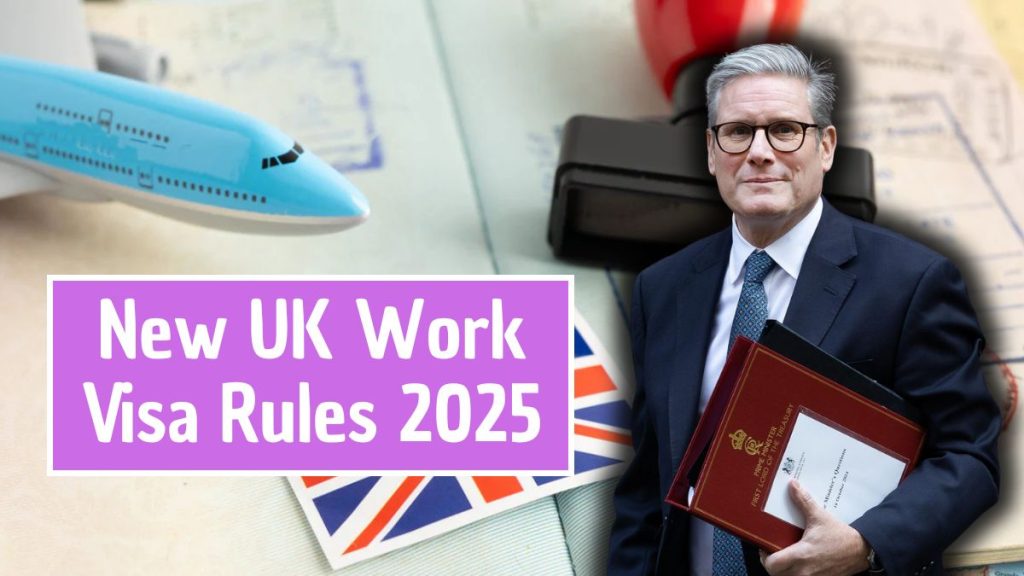As the UK continues to face high living costs, many households are searching for clarity on potential financial help. Recently, rumours about a “DWP £950 One-Off Support payment” supposedly due in October 2025 have spread rapidly online, creating a mix of optimism and uncertainty.
While the idea of a new lump-sum payment sounds reassuring for struggling families, the Department for Work and Pensions (DWP) has not officially confirmed any £950 payment at this time. What we can do, however, is examine past government support schemes to understand how such a payment would typically work if introduced — and how you can stay alert for real updates.
Key Facts About the Rumoured DWP £950 One-Off Support
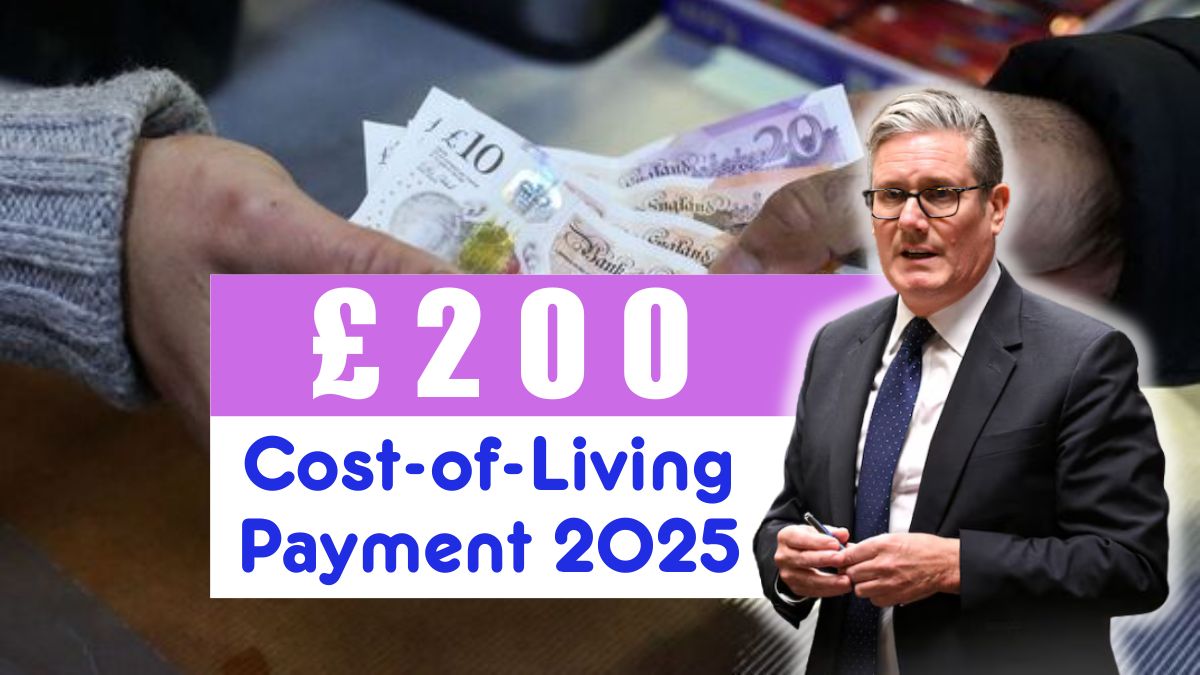
| Point | Details |
|---|---|
| Payment Status | The £950 payment is unconfirmed and currently speculative. |
| Past Support | Previous Cost of Living Payments included up to £900 (2022–24) and £500 in 2025. |
| Purpose | To help low-income families and pensioners manage essential expenses. |
| Administered By | Department for Work and Pensions (DWP). |
| Method | Automatic, tax-free bank payment (usually referenced as “DWP COLP”). |
| Application | Typically no application is required for qualifying households. |
Why People Expect a £950 Payment
The rumour stems from the pattern of Cost of Living Payments issued since 2022, where the government provided multiple rounds of targeted support. With inflation still affecting essentials like food and energy, many expect a new one-off payment this autumn to mirror previous aid.
However, as of mid-October 2025, no official DWP statement, Treasury budget note, or government release mentions a £950 grant. The speculation likely arises from early predictions by finance blogs and social-media posts, not verified government data.
How Past DWP Cost of Living Payments Worked
Understanding how previous payments operated gives useful context for what could happen next. Since 2022, the DWP has used automatic systems to deliver funds directly to those on qualifying benefits.
Typical Qualifying Benefits
To receive earlier Cost of Living Payments, recipients usually had to be claiming at least one of the following during a “qualifying week”:
- Universal Credit
- Pension Credit
- Income-based Jobseeker’s Allowance (JSA)
- Income-related Employment and Support Allowance (ESA)
- Income Support
- Working or Child Tax Credit
- Personal Independence Payment (PIP)
- Disability Living Allowance (DLA)
- Attendance Allowance
- Carer’s Allowance (in certain cases)
If the DWP ever introduced a £950 support payment, eligibility would almost certainly follow this same model — focusing on low-income and disabled claimants who already receive means-tested benefits.
Pension Credit – The Hidden Key to Eligibility
In past schemes, Pension Credit has been one of the most critical qualifying benefits. It acts as a “gateway” to extra help, including one-off support payments.
Thousands of older adults miss out because they haven’t applied. If another Cost of Living payment is announced, backdating a Pension Credit claim before the qualifying deadline could secure eligibility. Pensioners are strongly encouraged to use the official GOV.UK calculator to check if they qualify.
Who Is Typically Excluded
Certain groups historically do not qualify for DWP support payments, including:
- People receiving contribution-based benefits only, without an income-related element.
- Those whose benefits were reduced to zero during the qualifying week (for example, due to earnings or sanctions).
- Self-employed individuals who are not on means-tested support.
If the £950 payment ever becomes official, these same exclusions will likely apply.
How DWP Payments Are Processed
DWP payments are designed to be automatic and secure — recipients rarely need to take action.
- No application required: The DWP uses existing benefit data to identify eligible people.
- Direct deposits: Funds are transferred directly to the bank account where you receive benefits.
- Clear references: Payments appear on statements as “DWP COLP,” making them easy to recognise.
- Tax-free and exempt: The payment does not affect existing benefits or count toward the benefit cap.
This streamlined process minimises delays and reduces fraud risk.
How to Tell Rumours from Real Announcements
Because social media is flooded with unofficial claims, it’s essential to distinguish genuine information from speculation.
Official confirmation will always appear on:
- The GOV.UK website under DWP or Treasury updates.
- Verified press releases or Parliamentary statements.
- Trusted news outlets referencing DWP documentation.
Beware of scams: The DWP will never text, email, or call you asking for personal or banking details to issue a payment. All legitimate payments are automatic.
Staying Prepared for Future Support
Even though the £950 payment remains unverified, you can prepare now to avoid missing out if new support is introduced.
1. Keep your DWP records updated: Ensure your name, address, and bank details are correct.
2. Verify your benefit eligibility: Check if you qualify for Pension Credit or Universal Credit.
3. Follow official updates: Regularly check GOV.UK or the DWP’s verified social-media channels.
4. Watch for the next budget: Future fiscal statements often announce new support rounds for low-income households.
Being informed ensures that if any genuine payment is announced, you’ll automatically receive it without delay.
FAQs – DWP £950 One-Off Support Payment
1. Has the DWP confirmed a £950 payment for October 2025?
No. As of now, no official confirmation exists. Any claims suggesting otherwise are speculative.
2. Who would qualify if such a payment were introduced?
Likely those on means-tested or disability-related benefits, similar to previous Cost of Living schemes.
3. Do I need to apply for DWP support payments?
No. These payments are automatic for eligible recipients — there is no application form.
4. How do I avoid scams related to this rumour?
Never share personal or banking details with anyone claiming to offer early access. Check only official DWP announcements.
5. Where can I find verified updates?
Always rely on www.gov.uk or official DWP press releases, not social-media posts or WhatsApp forwards.










